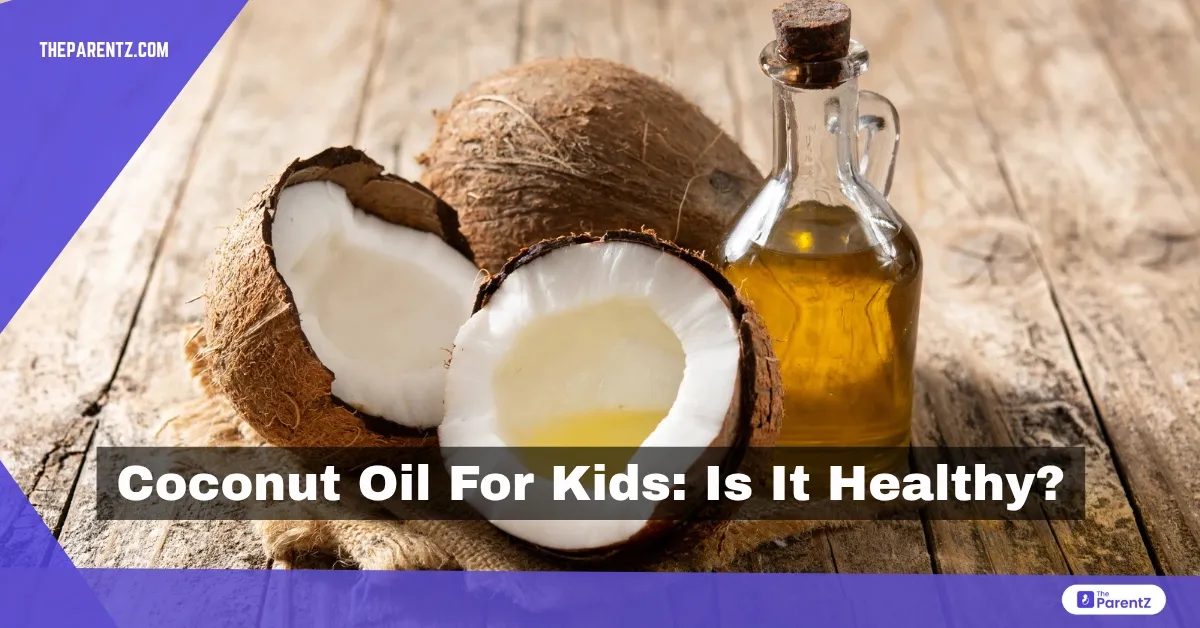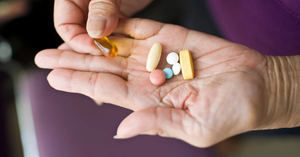Coconut oil has that magical aroma that reminds many of you of grandma’s kitchen, and for years, it's been labeled a superfood. But when it comes to kids, the question arises—Is coconut oil really a healthy option for them?
If you, too, have been Googling about this lately, this article is for you. Explore this article below to find out whether coconut oil is really healthy for your kids.
What Exactly Is in Coconut Oil?
Coconut oil is mostly made of saturated fat—about 82–90 percent of it. And it has been said that saturated fats are typically associated with heart disease. But the truth is— not all saturated fats are the same. The type in coconut oil is called lauric acid, which is a medium-chain triglyceride (MCT). So, why does this actually matter?
Unlike long-chain fatty acids found in butter and red meat, MCTs are quickly absorbed and used for energy rather than being stored as fat. Some studies also state that they may even help improve metabolism. That said, it isn’t a signal to pour coconut oil into everything.
Is Coconut Oil Good for Kids?
In many parts of India and Southeast Asia, families have been cooking with coconut oil for centuries. And kids in those households grew up just fine. In fact, in some communities, coconut oil is seen as the gold standard—used for everything from cooking rice to massaging a newborn’s head.
However, modern pediatricians consider moderation as the key. According to nutrition experts, children should get no more than 10 percent of their daily calories from saturated fat. That’s about 2 teaspoons of coconut oil per day for a child eating 1,200–1,500 calories a day.
So yes, coconut oil can be a healthy part of your child’s diet, but it shouldn’t be the only oil you use.
The Real Benefits of Coconut Oil
Coconut oil does come with some great health benefits for kids which have been listed below.
- Digestive support: Coconut oil contains MCTs that are easier to digest than long-chain fats, which can be helpful for kids with sensitive stomachs.
- Immune system boost: Lauric acid has antimicrobial properties, which means it can help fight off certain bacteria and viruses.
- Skin and hair care: Coconut oil is a hero when it comes to dry skin, diaper rashes, or cradle cap. Many pediatricians even recommend it for baby massages due to its natural moisturizing effects.
Are There Any Risks?
Yes, even good things come with a few caution signs. Too much coconut oil in your child’s diet can lead to excess calorie intake, potentially increasing the risk of childhood obesity. According to the World Health Organization, childhood obesity rates have nearly tripled since 1975—and managing fat intake is part of the solution.
Also, some kids may have allergies to coconut, though this is rare.
So, if you decide to include coconut oil in your child’s meals, here are a few safe and simple ways:
- Add 1 tsp to cooked vegetables or rice.
- Mix into oatmeal or porridge.
- Use as a base oil for cooking instead of butter occasionally.
- Use topically on dry skin, lips, or scalp.
Conclusion
So, is coconut oil healthy for kids? The answer is yes—but in moderation. It's safe, natural, and beneficial when used thoughtfully. Balance is the ultimate secret sauce.








Be the first one to comment on this story.